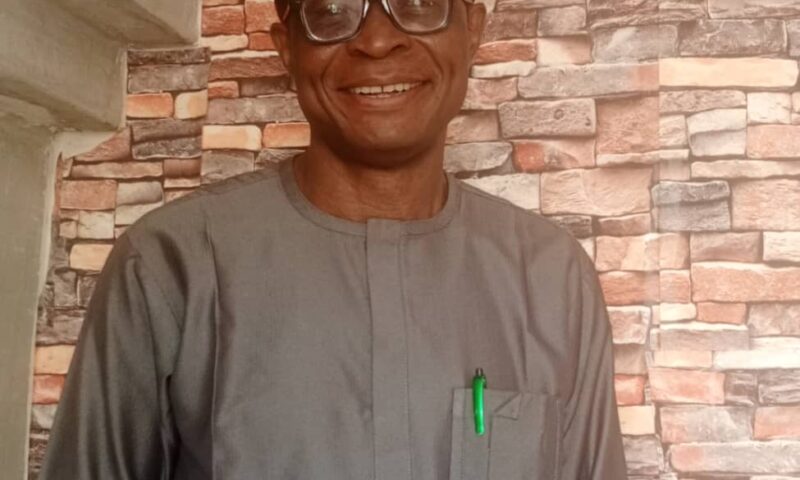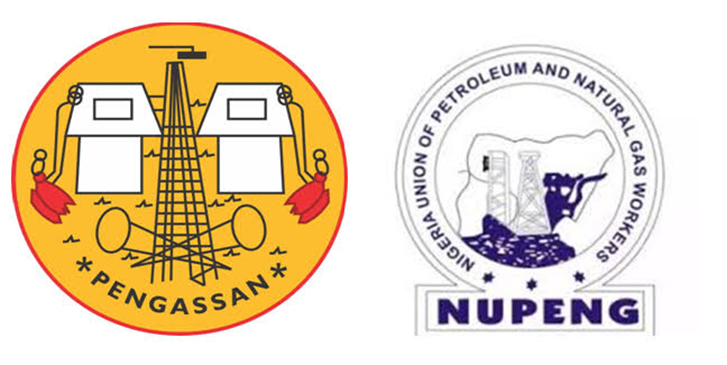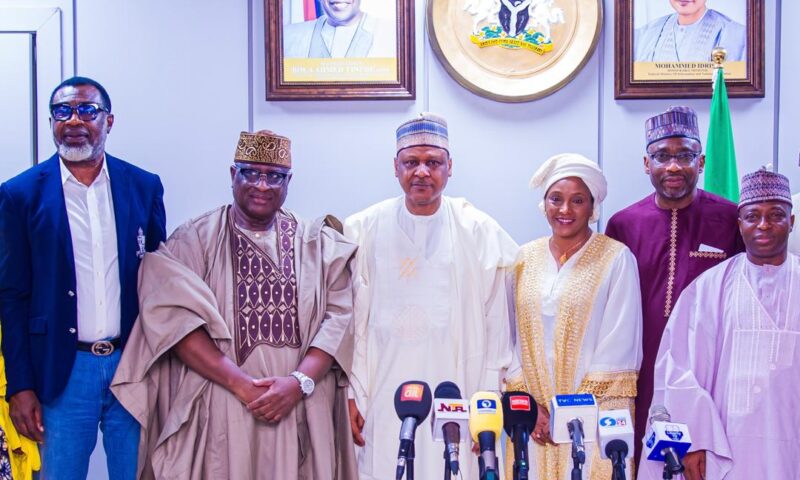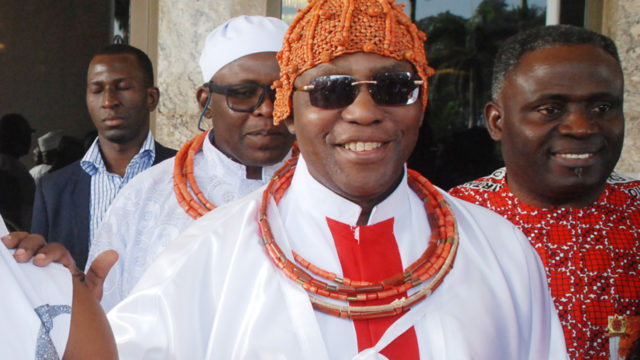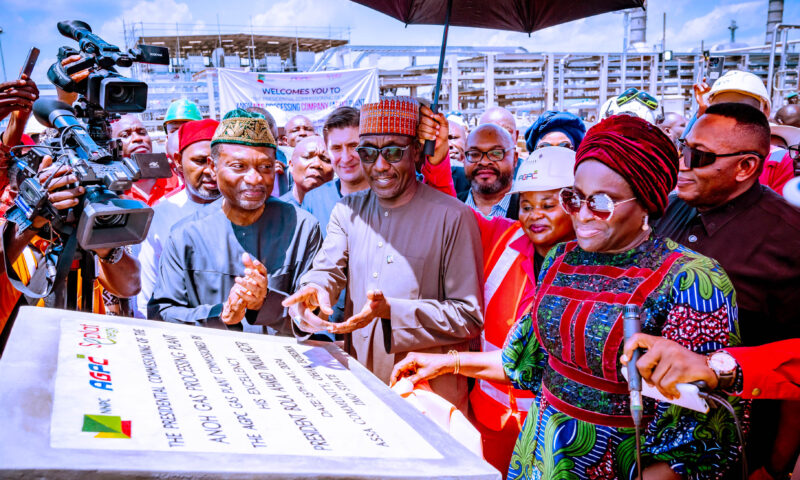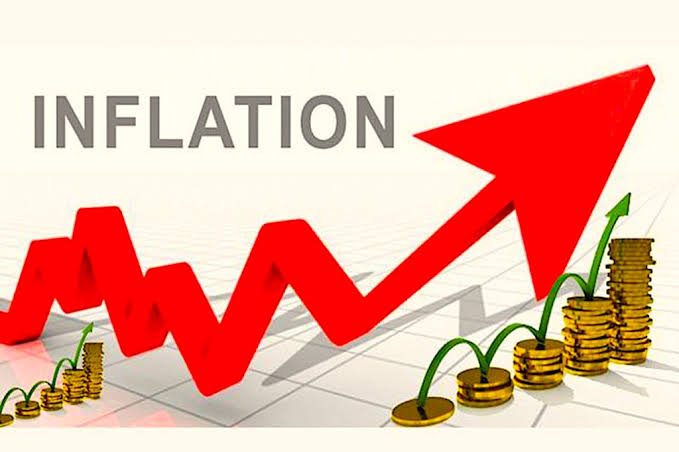Banks Recapitalisation: What’s in it For Us?
By Dayo Omoogun
Enhancement of banks’ capital base or restructuring of banks’ capital which is more popularly known in social parlance as bank recapitalization has become topical once again in the last few months ever since the Central Bank of Nigeria first hinted at it November last year and finally announced its decision to compel new capitalisation benchmarks for banks in March.
A similar exercise that readily comes to mind is the one midwifed by the Professor Charles Soludo-led CBN about 20 years ago, which stipulated an increase from 2bn to N25bn about 1200% hike. The benefits which accrued from that exercise are well documented.
Unlike the Soludo capitalization which stipulated N25bn minimum capitalization across board, the CBN, under Cardoso, has set different benchmarks for the various banks depending on their licence categories.
Under this policy, international banks such as Access, First, GTBank, UBA and Zenith Bank are to raise their minimum share capital to half a trillion naira, that is, N500bn. Banks with only national coverage are to raise a minimum of N200bn while regional banks are mandated to attain a baseline of N50bn.
Non-interest banks such as TAJ, Jaiz and Alternative Bank are to move to N20bn capitalization. This differentiated baselines are reflective of the level of exposure to risk and the needs assessment for their jurisdictions.
It is an undeniable fact that policies such as this usually trigger apprehension across the various segments and sectors of the society.
For example, following the Soludo recap, the number of banks operating in the country crashed by about 72% from 89 to 25 banks which clearly would have led to some job losses. It is therefore important for the promoters and the various publics to be at one, at least on a substantial scale, on a matter as crucial as this.
So what is in the recapitalization of banks for the various stakeholders and Nigerians in general that should make it elicit the approval and buy-in of all and sundry?
First, a noticeable reduction in banks tally is not envisaged this time around especially as there is the option for them to move downwards or upwards across categories. So job losses, if at all, will be minimal. Indeed conversely, it is likely that more hands and technology will be needed in the reinvented sector.
With a Tinubu administration that envisions a trillion dollar economy imminently, a strengthened banking industry that is globally competitive will be a major enabler for the realization of such vision. Perhaps there is a cynic somewhere asking why we need a trillion dollar economy in the first place. That will be a matter for another day.
There is no doubt that a stronger capital base assures greater capacity for lending and sufficient hedges against shocks as may arise from time to time.
After the Soludo recapitalization for example, Nigerian banks played a more significant role in the financing of oil and gas projects as well as in telecoms. The manufacturing sector has not benefitted sufficiently from the banking sector thus far.
Perhaps, a new day beckons from second quarter 2026 when the sector will begin to access the much needed support in terms of cheap funds it has always desired from the banking industry. Of course, this will result in mind blowing scenarios for catapulting the economy to heights yet unknown.
Prof Uwaleke, President of Association of Capital Market Academics in Nigeria, reacting when the apex bank first hinted at the plan in late 2023, had this to say, ”It goes without saying that capital is needed to finance big-ticket projects, especially when the government is targeting a one trillion dollar economy in a few years’ time.”
Dr. Ilias, an Abuja based Economist and Policy Analyst says, “when Soludo recapitalized (in 2004/2005) dollar to naira exchange was not like this, right now we are having serious liquidity problems. So the first advantage is that the Nigerian economy will have much more capital and the more the availability of capital the more the investment in Nigeria.
So if banks have more money it means more money to give the manufacturing sector and indeed MSMEs because that is practically the challenge we have in Nigeria which makes lending to be currently skewed in favour of a few Organised Private Sector (OPS) enterprises.”
Also, he says, the banks will be positioned for greater profitability as they are enabled to engage in greater volume of trade. Ilias adds that it is valuable for bragging rights among the comity of nations as well as for positioning for credit opportunities from Bretton Woods organisations, etc.
To ordinary Nigerians, especially the businessmen among them this is also good news as the banks will be on positioned to be more responsive in granting their requests for more affordable credit facilities.
Dayo Omoogun is a publisher and social commentator based in Abuja.


